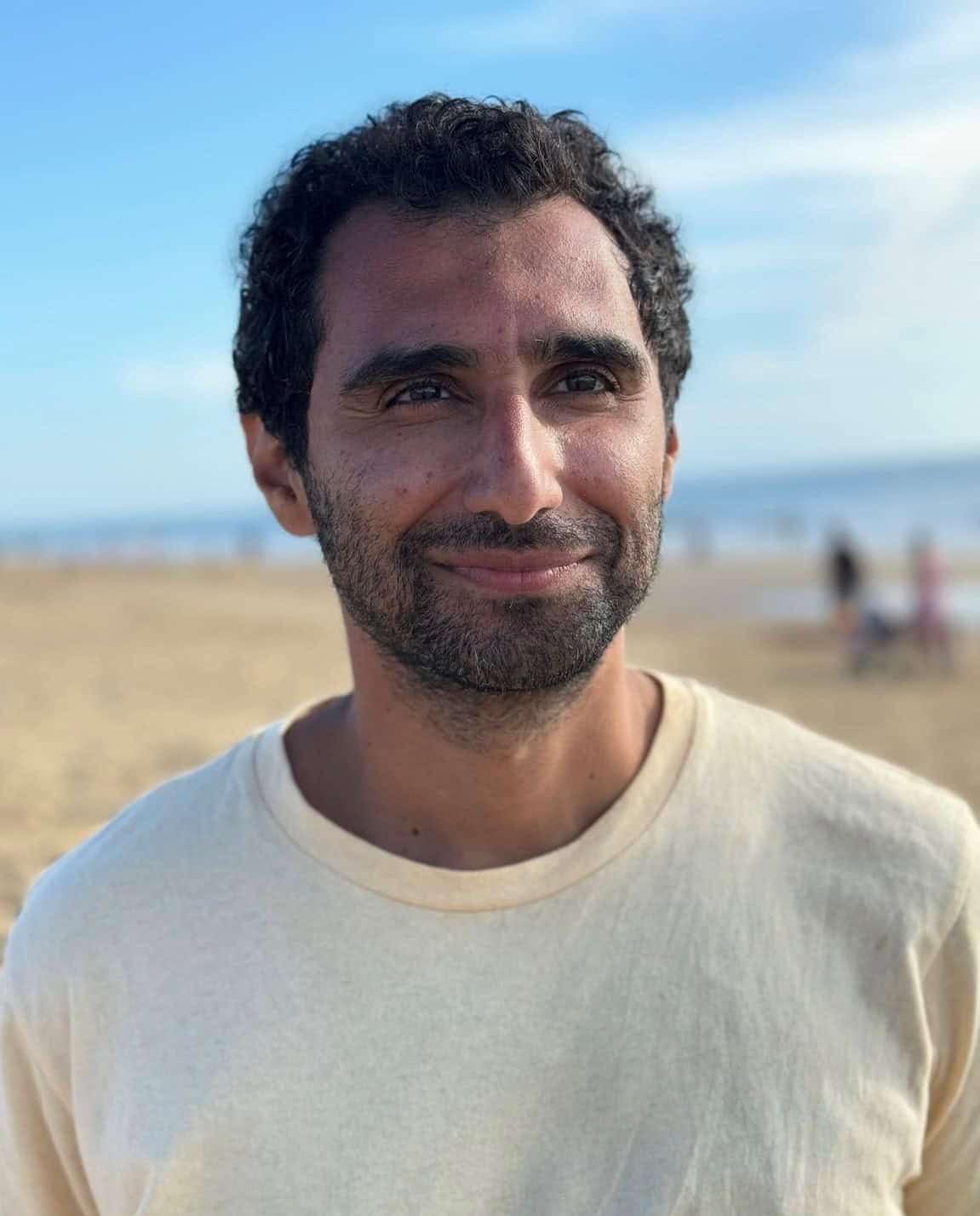One of the most significant risk factors associated with cancer development is age. Despite important insights into the mechanisms of aging, the contribution of the aging immune system to oncogenesis is still unclear. In recent years, it has become clear that hematopoietic stem cells accumulate somatic mutations with age, a process designated as Clonal Hematopoiesis (CH). CH has been independently associated with solid cancer incidence. Namely, mutations in DNMT3A, an epigenetic modifier, linked to increased risk of developing non-small cell lung cancer (NSCLC).
Dr. Yatim hypothesizes that aging of the myeloid compartment alters the cancer-immunity interface, favoring cancer progression and therefore may represent a unique opportunity for targeted anti-cancer therapy. Specifically, Dr. Yatim will address how functional impairment of DNMT3A may ‘pre-condition’ myeloid progenitors to poise genetic programs of immunoregulation in cancer. To test this hypothesis, he aims to (i) Characterize the epigenetic and transcriptional dysregulations in hematopoietic stem cells (HSCs) and myeloid progenitors (MPs) during aging and NSCLC progression in humans, (ii) Define the molecular, functional, and plasticity states of monocytes and macrophages upon aging and DNMT3A loss of function (LoF) and (iii) Establish mice models of immune aging and with myeloid-specific DNMT3A LoF. Given the immune system’s amenability to therapeutic modulation, this interdisciplinary proposal aims to tackle myeloid cell-targeting strategies in elderly and CH-mutated patients, by combining computational modeling and experimental biology with cutting-edge high-throughput multi-omic technologies.
Projects and Grants
Epigenetic and molecular drivers of aging in the myeloid compartment and consequences on tissue macrophages landscape and lung cancer progression
Icahn School of Medicine at Mount Sinai | Lung Cancer | 2024 | Miriam Merad, MD, PhD

